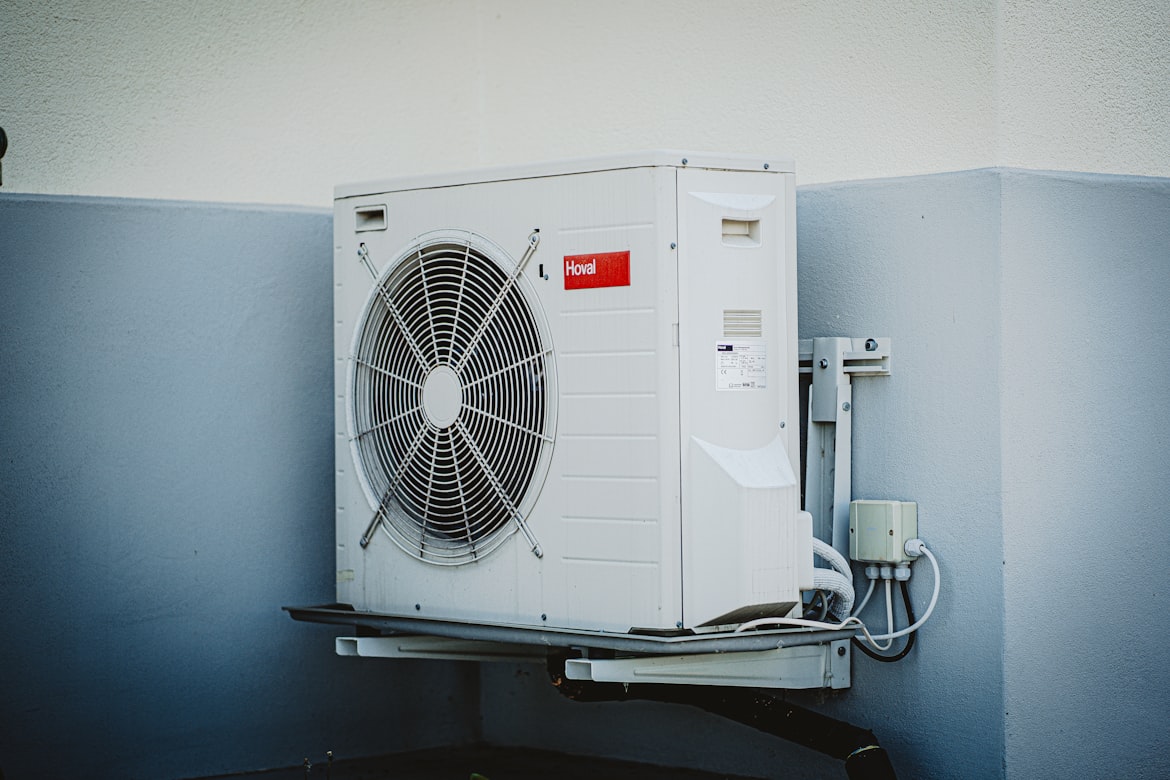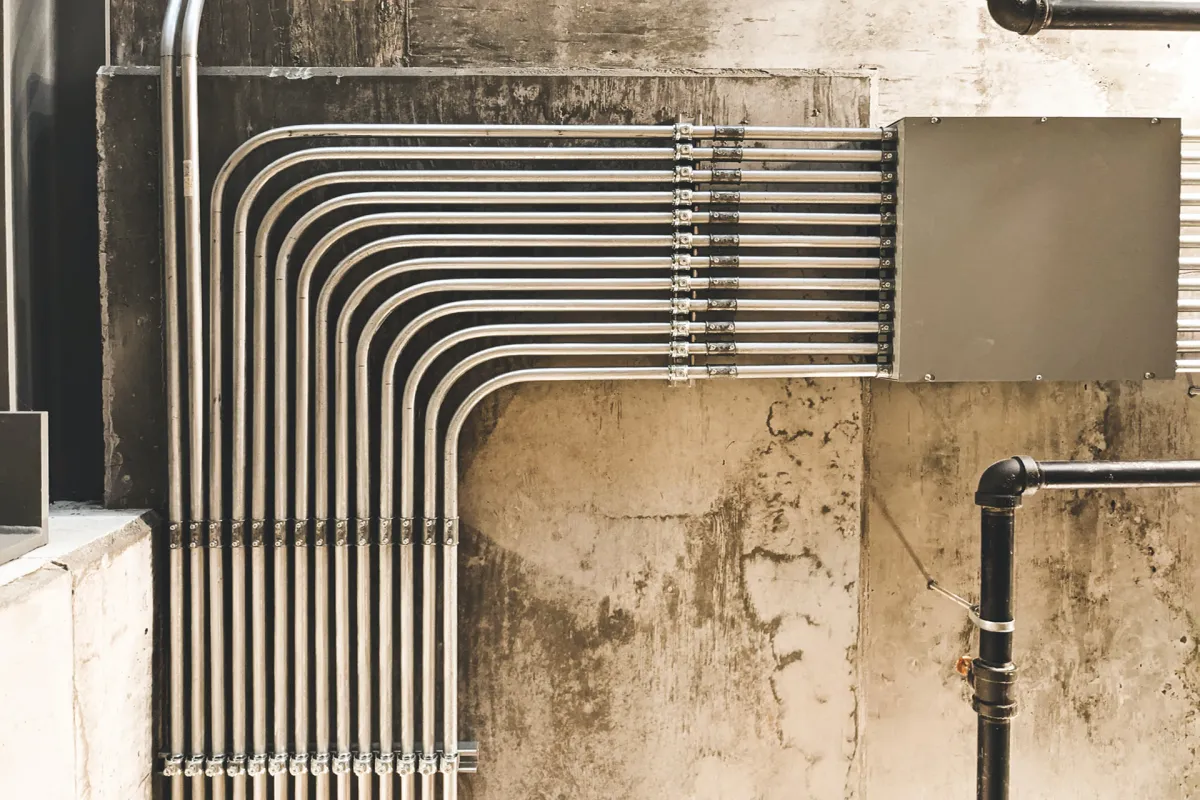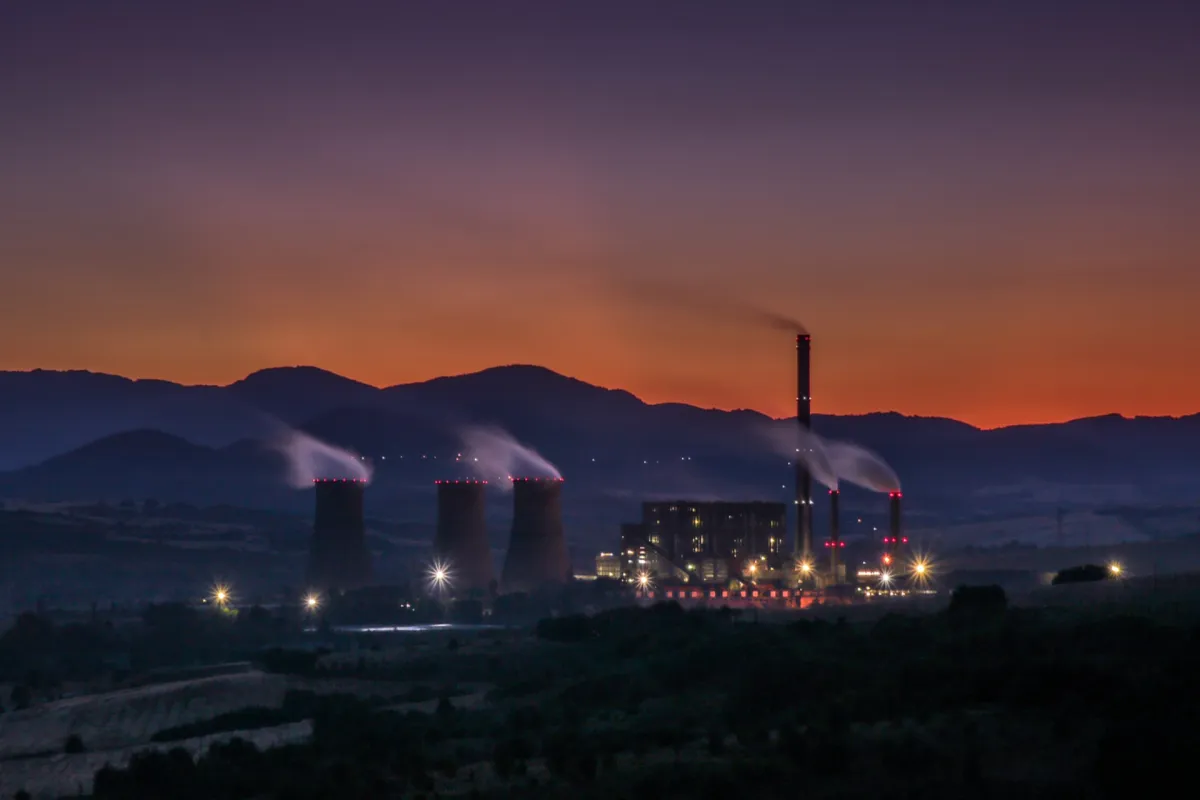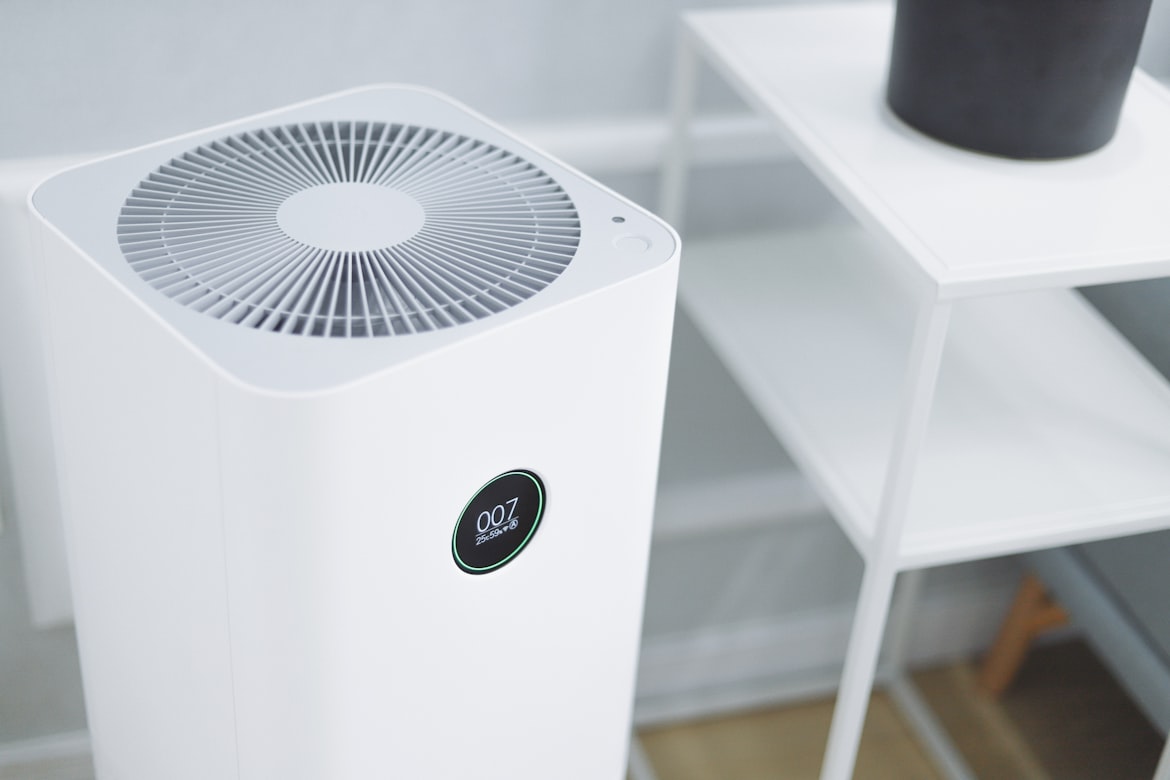Milwaukee HVAC Network
Connecting Milwaukee Residents with Professional HVAC Contractors

The Top HVAC Problems Homeowners Face: A Nuanced Perspective
1. Inconsistent Heating or Cooling (The "It's Always Too Hot or Too Cold" Dilemma)
The Surface Problem: You may notice that certain rooms in your home feel too hot or too cold, or your HVAC system struggles to maintain a consistent temperature, leading to an uncomfortable environment.
The Nuanced Layers:
Beyond the Thermostat: The thermostat is often the first suspect when temperatures seem inconsistent, but the root cause could be something more complex. Airflow issues are a common culprit, with blocked or leaky ducts, poorly sized ductwork, or an imbalanced system causing uneven temperature distribution throughout your home. If your ducts are improperly insulated or if the system is failing to circulate air effectively, this can lead to hot or cold spots.
System Design & Capacity: It’s also possible that your HVAC system was not designed to handle the specific needs of your home. An undersized unit may struggle to heat or cool the space adequately, while an oversized system may cycle too frequently, creating uneven temperatures.
Zoning Issues: Larger homes, in particular, can suffer from a lack of zoning. Without a zoning system, your HVAC may be set to cool or heat the entire house equally, even if certain areas need more attention than others.
Long-Term Wear: Over time, HVAC components such as the blower motor or compressor can degrade, causing the system to lose its ability to distribute air evenly, further exacerbating the temperature imbalances.
Key Takeaway: If you're experiencing inconsistent temperatures, don't immediately replace components without evaluating your entire HVAC system and the layout of your home. Understanding airflow, insulation, and system design are crucial before diving into repairs.
2. The Mysterious "No Heating or Cooling" Scenario
The Surface Problem: One of the more distressing HVAC problems is when your system simply refuses to turn on or fails to produce heat or cool air altogether. This can be a sign of a more severe malfunction.
The Nuanced Layers:
Beyond the Power Switch: While it's easy to assume the issue is simply a tripped circuit breaker, HVAC failures often have deeper causes. Electrical issues like faulty wiring, capacitor failures, or problems with the compressor may be responsible. In some cases, the power may be reaching the unit, but an internal component fails to respond properly.
Control Board Issues: The control board functions as the "brain" of your HVAC system, controlling the unit's functions. A malfunctioning or damaged control board can cause the system to shut down entirely, rendering the unit non-operational.
Sensor Failures: HVAC systems are equipped with various safety sensors designed to protect the system from harm. If these sensors detect an issue, they can prevent the system from turning on. Diagnosing this problem often requires a professional to inspect the unit fully.
Refrigerant Issues: In cooling systems, a low refrigerant level can prevent the system from producing cool air, causing the system to shut down. This issue may not always be visible, and it’s best addressed by a trained technician.
Key Takeaway: If your HVAC system isn’t producing heat or cool air, it’s likely due to a serious issue such as a malfunctioning control board, sensor problem, or refrigerant leak. A thorough inspection by a professional is necessary to avoid further damage.
3. The Short Cycling Quandary (The "On-Off-On" Nightmare)
The Surface Problem: You might notice that your HVAC system turns on, runs for a short period, and then shuts off, only to repeat the cycle again. This is known as short cycling and can be an indication of underlying issues.
The Nuanced Layers:
Beyond the Thermostat: Short cycling can sometimes be caused by a miscalibrated thermostat, but more often, it’s related to problems within the unit itself. Reduced airflow due to clogged filters or blocked vents is a common trigger. If the system overheats, it will shut off as a protective measure.
Safety Shut Downs: Many HVAC units are designed to shut themselves off when something goes wrong to prevent further damage. A faulty limit switch, which controls the system’s safety shut-off function, can cause short cycling by forcing the system to shut down prematurely.
Compressor Problems: The compressor is the heart of your air conditioning system, and if it’s malfunctioning or facing internal issues, it can trigger short cycling. This is a particularly serious problem, as the compressor is essential to the cooling process.
Refrigerant Issues: Low refrigerant levels can also lead to short cycling in cooling systems. When the refrigerant is too low, the system may cycle on and off rapidly, causing inefficient cooling.
Key Takeaway: Short cycling isn’t just an inconvenience—it’s a sign of an underlying issue that could lead to system damage and reduced efficiency. Identifying the root cause early can save you time and money in the long run.
4. The Noisy HVAC System (The "What Was That?" Concern)
The Surface Problem: If your HVAC system suddenly starts making strange noises like banging, rattling, squealing, or grinding, it’s tempting to ignore them. However, unusual noises can be a sign of serious mechanical problems.
The Nuanced Layers:
Mechanical Wear and Tear: Squealing or grinding noises are often the result of worn-out bearings or damaged motors. These components may need to be replaced to restore the system's smooth operation.
Loose or Broken Parts: Rattling or banging noises are often caused by loose screws, broken parts, or debris stuck in the unit. This can cause unnecessary strain on your HVAC system and lead to further damage if not addressed.
Ductwork Issues: Some noises may stem from expanding or contracting ductwork, which is common in systems with improperly sized or poorly installed ducts. This can result in popping or banging sounds as the ducts flex.
Improper Maintenance: A lack of regular HVAC maintenance can lead to the early failure of components, which may be a direct cause of the noises you're hearing. Proper upkeep helps ensure your HVAC runs quietly and efficiently.
Key Takeaway: Don’t ignore unusual noises from your HVAC system. They may indicate a problem that, if left untreated, could lead to larger, more expensive issues down the road.
5. The "Skyrocketing Energy Bills" Mystery
The Surface Problem: If your energy bills have suddenly spiked without any significant changes in your thermostat settings or home habits, it could point to an HVAC issue.
The Nuanced Layers:
System Inefficiencies: Older HVAC systems naturally become less efficient over time. However, even relatively new systems can lose efficiency due to poor maintenance, lack of regular filter changes, or improper usage.
Air Leaks: Air leaks in your home, especially around windows, doors, or ducts, can cause your HVAC system to work harder to maintain your desired temperature. This forces the system to run longer, leading to higher energy consumption.
Thermostat Issues: An improperly calibrated thermostat can cause your HVAC system to run longer than necessary, using up excess energy. If your thermostat isn’t correctly detecting room temperature, your system might be overcompensating.
Lack of Insulation: Poor insulation in your home can also lead to energy inefficiency, as the HVAC system must run longer to maintain the desired temperature. Proper insulation ensures that conditioned air stays inside, reducing the workload on your system.
Key Takeaway: Skyrocketing energy bills often indicate that your HVAC system is running inefficiently. It’s essential to address underlying issues such as air leaks, system age, and thermostat calibration to improve energy efficiency.
Navigating the Nuances: The Importance of Proactive Care
Understanding these nuanced HVAC problems emphasizes the importance of proactive care:
Regular Maintenance: Regular HVAC maintenance is key to preventing many common issues. Clean filters, lubricated motors, and a system that’s running efficiently can catch problems early before they become costly repairs.
Proper Diagnosis: If your system is showing signs of failure, don’t guess at the issue. A qualified HVAC professional should thoroughly evaluate the unit to identify the root cause of the problem.
Home Evaluation: Your HVAC system’s performance is directly impacted by your home’s insulation and air sealing. Ensure that your home is properly insulated and that there are no leaks around doors or windows to maximize efficiency.
System Assessment: Understand your system’s size and capacity to ensure it meets the demands of your home. Over or under-sized systems often contribute to heating and cooling issues.
Long-Term Planning: Your HVAC system has a finite lifespan. Understanding its expected lifespan can help you plan for an upgrade before major failures occur.
HVAC problems are inevitable, but understanding the full scope of each issue can help you navigate these challenges with confidence. By considering the underlying causes of common issues like inconsistent heating or cooling, short cycling, noisy systems, and rising energy bills, homeowners can make more informed decisions about when to troubleshoot, maintain, or seek professional repairs. Preventive maintenance and regular evaluations of both the HVAC system and the home’s structure are key to preventing many of these issues from becoming major headaches.
By investing in your HVAC system’s longevity and understanding its complexity, you not only improve your comfort but also boost the energy efficiency and health of your home. If you're unsure about your HVAC system’s performance or are facing any of these common HVAC issues, it might be time to consult a qualified professional who can assess the situation and guide you toward a solution.
As you care for your HVAC system, remember that your comfort, energy savings, and overall well-being depend on how well you manage these systems. Don’t let a minor issue turn into a major repair—stay ahead with proactive HVAC maintenance.
For your next HVAC maintenance checkup or to get advice on choosing the right system for your home, check out our recommended and trusted HVAC services or maintenance provider. If you're looking for high-efficiency solutions to help reduce energy costs, consider upgrading to an Energy Star-rated HVAC system.












Get Connected With a Trusted Milwaukee HVAC Contractor
Copyright 2022 . All rights reserved
Disclaimer: Milwaukee HVAC Network is not a licensed HVAC contractor. By submitting your information, you consent to being connected with a licensed HVAC contractor in Milwaukee, WI, who will handle your service request. We do not provide HVAC services directly.